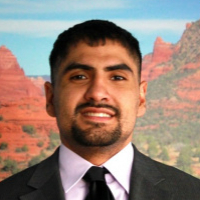Dona Ana County, NM Juvenile Law Lawyers
Not enough matches for Dona Ana Juvenile Law lawyer.
Below are all Dona Ana Criminal lawyers.
Ramon Hernandez
✓ VERIFIEDGeneral Practice
Attorney Hernandez is a practicing lawyer in the state of New Mexico.
Samantha Madrid
✓ VERIFIEDAccident & Injury, Divorce & Family Law, Criminal
Samantha Madrid is a practicing lawyer in the state of New Mexico.
Russell Dean Clark
Military, Family Law, Criminal, Personal Injury, Mass Torts
Status: In Good Standing
David K. Walker
Administrative Law, Employee Rights, Environmental Law Other, Juvenile Law
Status: Inactive Licensed: 41 Years



